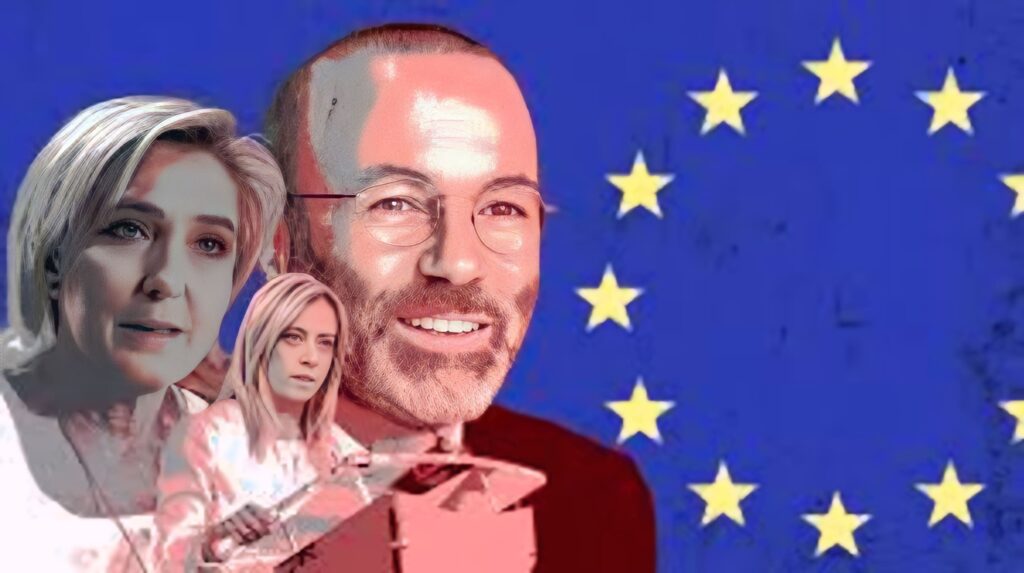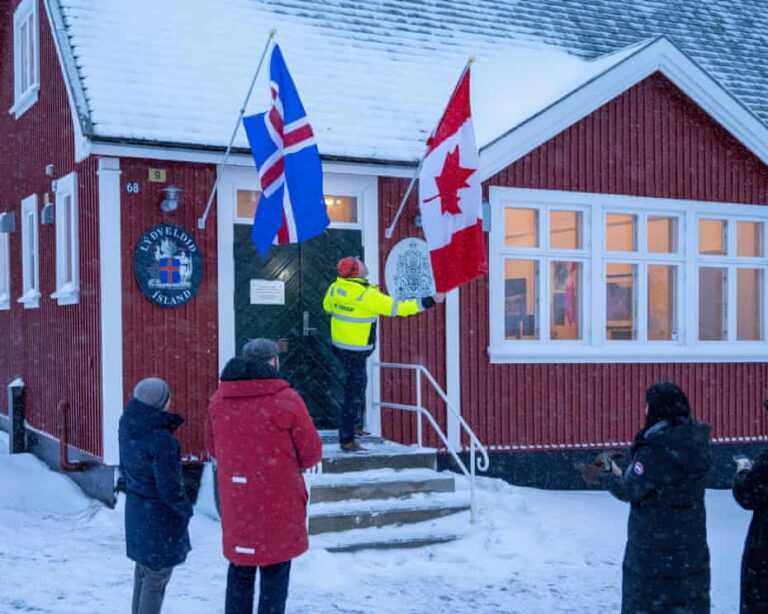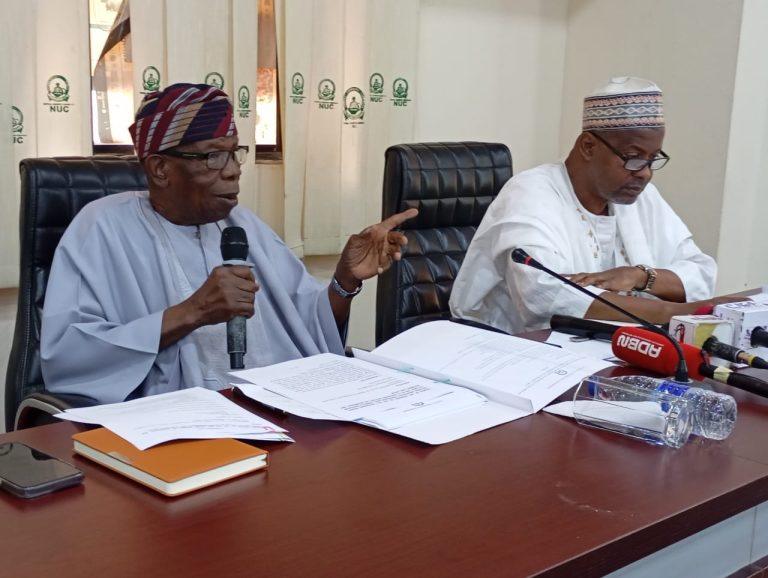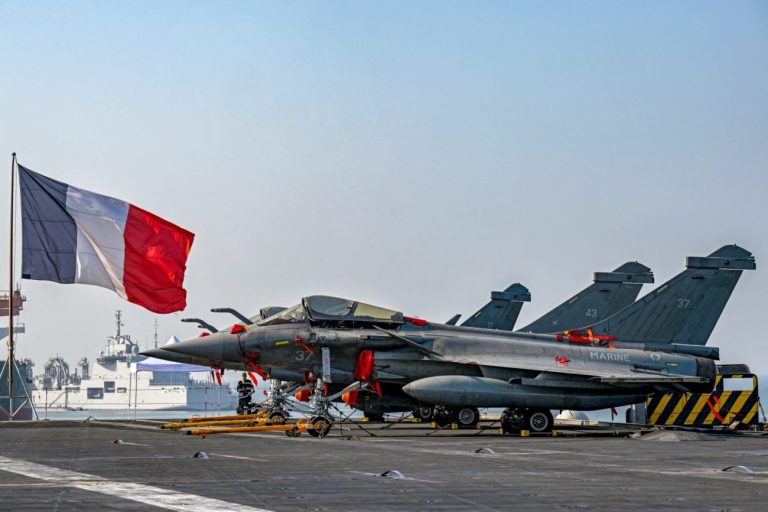
For centuries, the West, with Europe at its core, dictated the global order. From exploration and industrialization to the spread of liberal democracy, Western power and ideas held sway. However, the 21st century marks a turning point: Western dominance is waning, demanding a fundamental shift in Europe’s global role.
This transformation is driven by several factors. The rapid economic ascent of China and India has shifted the global economic center eastward. These nations, steeped in history and possessing vast populations, are asserting themselves on the world stage, demanding greater representation in international bodies and challenging established Western norms. Simultaneously, the rise of regional powers across Africa, South America, and the Middle East is forging a more multipolar world, with these nations increasingly pursuing independent foreign policies and forging partnerships beyond traditional Western alliances.
This evolving landscape presents both challenges and opportunities for Europe. The decline of Western dominance means Europe can no longer assume its global influence. It must adapt to a world of multiple power centers, requiring a more nuanced and collaborative foreign policy approach.
Yet, this shift also offers significant opportunities. Europe’s strong commitment to multilateralism and its experience in building international institutions position it well for a multipolar world. By cultivating partnerships with emerging powers and championing a rules-based international order, Europe can maintain a vital role in shaping global affairs.
To navigate this new era successfully, Europe must prioritize several key strategies:
- Strengthen internal unity: A cohesive and unified Europe will be a more credible and effective global actor.
- Deepen engagement with emerging powers: Building partnerships based on mutual respect and shared interests, including fostering economic ties, cultural exchange, and collaboration on global challenges like climate change and pandemics, is crucial.
- Champion multilateralism: In a world of diffused power, international institutions and norms are essential for maintaining peace and stability. Europe must work with its partners to strengthen these institutions and ensure their continued relevance in the 21st century.
The end of Western dominance does not signify the end of European influence. By adapting to the changing global order, embracing new partnerships, and advocating for multilateralism, Europe can continue to play a vital role in building a more peaceful, prosperous, and just world. The key is recognizing this historical shift and embracing a new identity as a collaborative and influential partner in a multipolar world.



